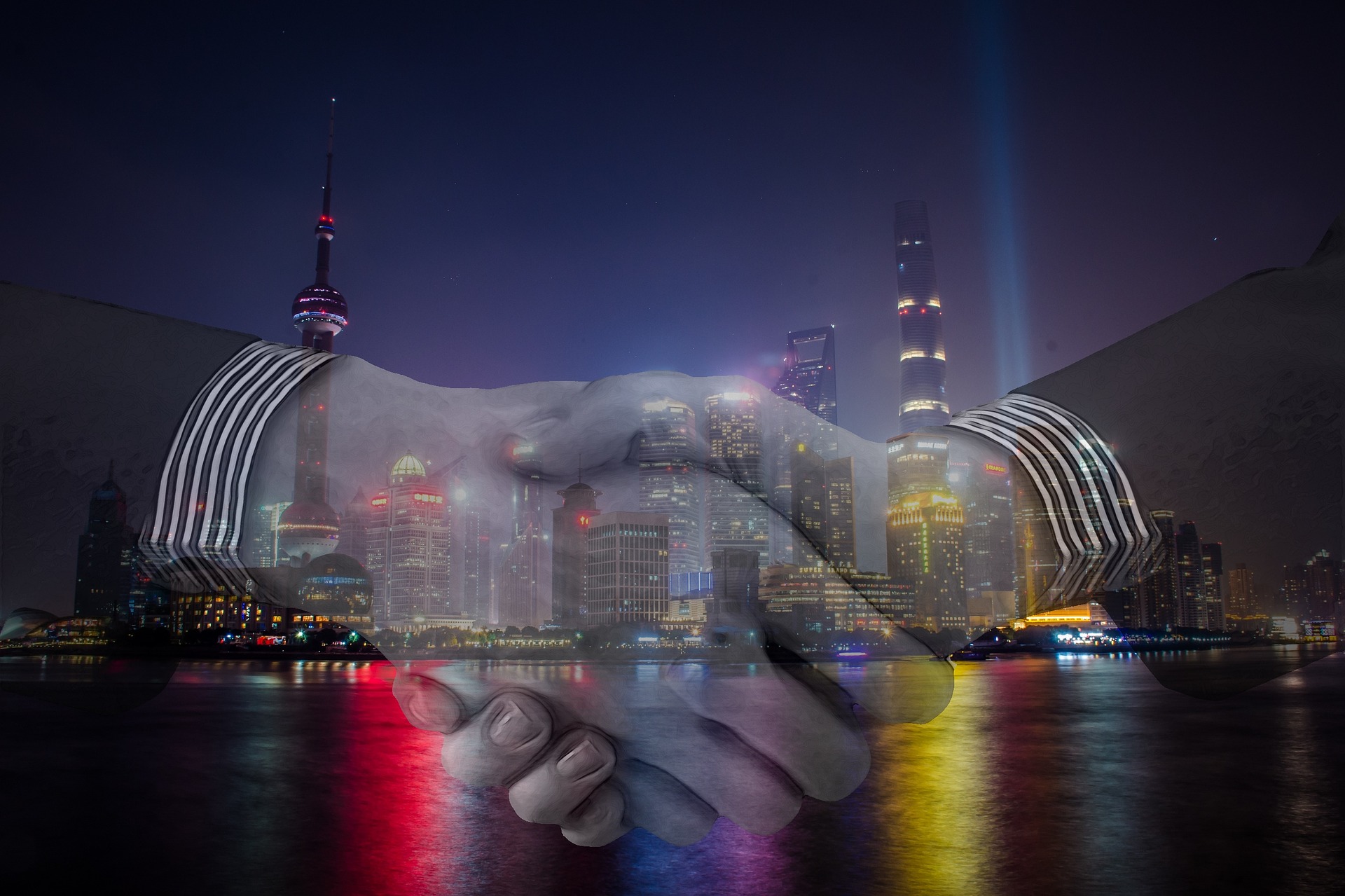Beware The Scale of China’s Ambition!
China has a clear vision of how it wants to develop and lead the world. But how will it affect other countries?
Leading China
The Chinese government is clear about its desire to build a strong economy and reach beyond its borders to spread its deeply held values and beliefs. The size of China’s economy means it has an escalating sway on the international stage as it shapes a new world order less dependent on the US and its allies.
China has started a major Belt and Road Initiative to pursue its vision of economic and cultural dominance that will stretch into this century and the next. The aim of the project is to invest billions of pounds to develop infrastructure between China and a raft of other countries across Asia, Africa and other regions. Such strategic ambition coupled with a commitment to create a shared global community in its likeness form the essence of its long-term goals.
The success of the strategy will be decided in future years but its implementation already challenges the position of the US, as the only genuine global leader. The threat is real because China presents its case as a solution to many of the world’s problems: politics; security; economic, social and technological development; culture and environment. Such actions place China centre stage in a rebalancing of world power, displaces the US as the centre point of global influence, and tests the traditional capitalist free market economy model of western governance.
Leading the world
In political terms, China proposes a model based on its unique single party system of democracy coupled with a partnership approach to working with other countries that doesn’t interfere with internal governance arrangements. Both terms raise contradictions although China is developing relationships with countries all around the world on such a basis. In security terms, China describes its method as dialogue and development. Dialogue between opposing parties to reach lasting solutions; development to counteract terrorism and the chaos of refugees fleeing from one country to another in an endless journey of suffering. In economic, social and technical terms, China promotes innovation as a way to trade and encourage peace between countries that otherwise may descend into chaos and conflict. China’s definition of free trade is of course problematic, not least because it is based on the contradictory concept of a socialist market economy. In cultural terms, China places tremendous weight on its problematic form of economic socialism, which is seen as a way to reorder the world. In environmental terms, China proposes the development of a sustainable ecosystem, while acknowledging the harmful effect of its economic growth.
China, nevertheless, has a clear vision of the future and is progressively affecting the actions of other governments. There are contradictions aplenty in its vision but the same can be said of other nations as they also jostle for position.
So, China’s vision of its place in a new world order is clear and others must articulate a convincing alternative if they want to lead in this century and beyond.




